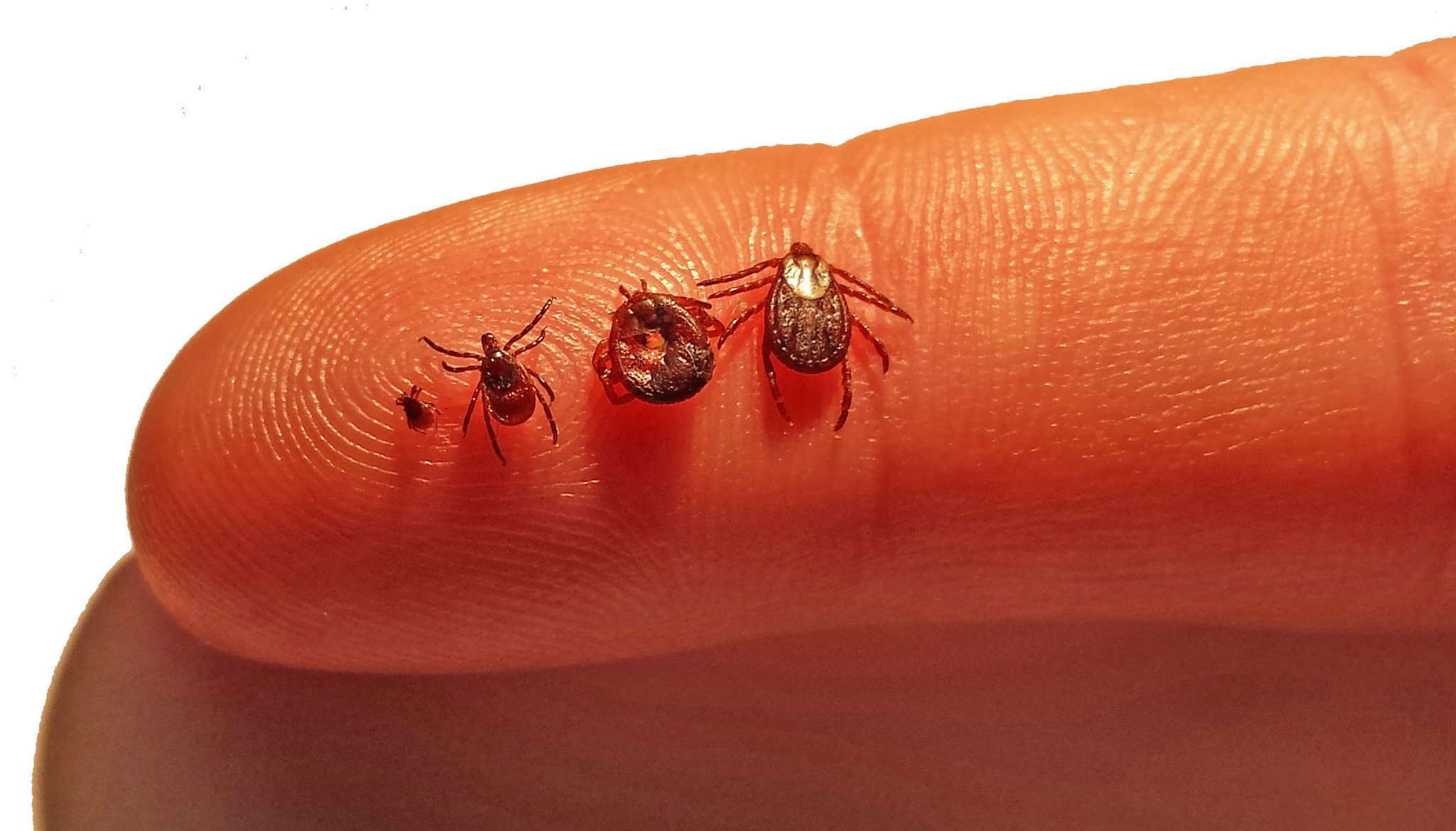This Tick Can Make You Allergic To Red Meat

Have you ever heard of a tick that can make you allergic to red meat? It may sound strange, but it is a real condition called alpha-gal syndrome. In this article, we will discuss the tick responsible for causing this allergy, its symptoms, treatment options, and how to protect yourself from it.
Which Tick Makes You Allergic To Red Meat?
The lone star tick (Amblyomma americanum) is the primary culprit behind alpha-gal syndrome. This tick is found predominantly in the southeastern United States but has been expanding its range northward and westward in recent years. The name “lone star” refers to a distinctive white spot on the back of adult females.
When a person is bitten by an infected tick, their body produces antibodies to a carbohydrate molecule called alpha-gal, which is found in many mammalian meats, including beef, pork, and lamb. This reaction can lead to severe allergic reactions, including hives, swelling, and even anaphylaxis.
Where are these ticks found?

As mentioned earlier, lone star ticks are predominantly found in the southeastern United States, but they can also be found in other parts of the country. They prefer wooded areas with dense underbrush and are most active from early spring through late fall. Lone star ticks can also be found in grassy fields, along hiking trails, and near bodies of water.
It’s important to note that not all lone star ticks carry the alpha-gal molecule, so not everyone who gets bitten by one will develop alpha-gal syndrome.
What is the disease?
Alpha-gal syndrome is a delayed allergic reaction that occurs 3-6 hours after consuming red meat or other products containing mammalian meat. Symptoms can include hives, itching, swelling, and gastrointestinal distress. In severe cases, anaphylaxis can occur, which is a severe and potentially life-threatening allergic reaction.
The symptoms of alpha-gal syndrome can vary in severity and duration, and they may not appear immediately after eating red meat. In some cases, the symptoms can persist for several hours or even days.
Is there a treatment?
Currently, there is no cure for alpha-gal syndrome, and the best course of action is to avoid exposure to mammalian meats and products containing them. This includes meat from cows, pigs, sheep, and goats, as well as dairy products made from their milk such as cheese and butter.
In cases where an individual experiences severe allergic reactions, they may be prescribed an epinephrine auto-injector or other emergency medication to help manage symptoms in case of accidental exposure.
How to protect yourself
The best way to protect yourself from alpha-gal syndrome is to avoid being bitten by lone star ticks. Here are some tips to help reduce your risk:
- Wear long-sleeved shirts and pants when spending time outdoors, especially in wooded areas.
- Use insect repellents containing DEET, picaridin, or other EPA-approved ingredients.
- Check your body for ticks frequently, paying special attention to underarms, groin, and scalp.
- Remove any ticks you find promptly using tweezers or another tick removal tool.
- Cook meat to an internal temperature of at least 160°F to kill any potential pathogens.
If you suspect you may have alpha-gal syndrome, it’s important to speak with your healthcare provider for an accurate diagnosis and proper management.
Conclusion
In conclusion, the lone star tick can make you allergic to red meat through alpha-gal syndrome. The best way to protect yourself is to avoid being bitten by these ticks and to seek medical attention if you experience any symptoms of the condition. Remember to wear protective clothing, use insect repellent, and check your body for ticks regularly. By taking these steps, you can reduce your risk of developing alpha-gal syndrome and enjoy red meat safely.